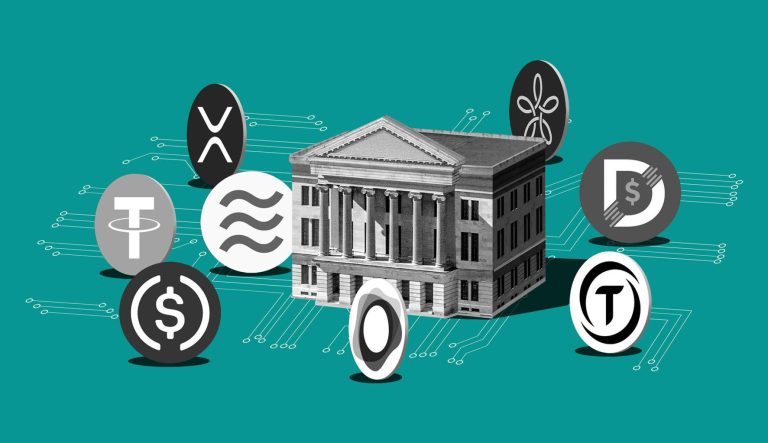In an era where technology reigns supreme and continually disrupts traditional industries, the brick-and-mortar banking system is no exception. Today, we are witnessing a seismic shift from standard banking operations to a more progressively digitized financial world. The Impact of Cryptocurrency on Traditional Banking Systems is a reality that promises tremendous prospects but also presents complex challenges. This discourse surveys the impact, potential advantages and drawbacks, and future implications that digital currencies pose for traditional banking.
Understanding Digital Currencies and Their Operation
Simply put, digital currencies are digital counterparts of physical money that exist only electronically. Central to a digital currency is the technology that enables its operation – blockchain technology. Blockchain serves as a public ledger where all transaction data from digital currencies around the world are collected and stored.
Bitcoin and other cryptocurrencies, the premier digital currencies, were introduced by an anonymous person (or group) called Satoshi Nakamoto. These cryptocurrencies use cryptography to secure transactions, control the creation of additional units, and verify the transfer of assets. People may store their digital currencies in a digital wallet and then use them to purchase goods and services or make payments, much like traditional money. But crucially, they allow transactions without the involvement of a third party such as a bank.


